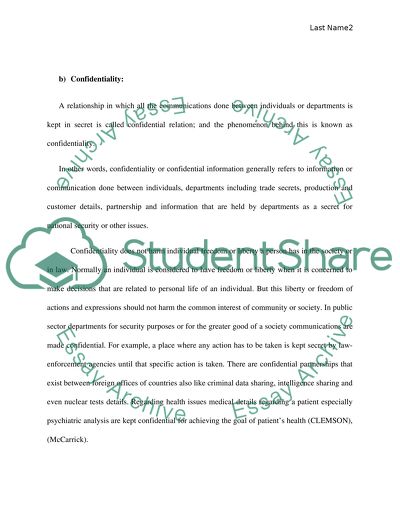Cite this document
(“Ethical Issues: Justice & allocation of resources Essay”, n.d.)
Retrieved from https://studentshare.org/religion-and-theology/1495729-ethical-issues-justice-allocation-of-resources
Retrieved from https://studentshare.org/religion-and-theology/1495729-ethical-issues-justice-allocation-of-resources
(Ethical Issues: Justice & Allocation of Resources Essay)
https://studentshare.org/religion-and-theology/1495729-ethical-issues-justice-allocation-of-resources.
https://studentshare.org/religion-and-theology/1495729-ethical-issues-justice-allocation-of-resources.
“Ethical Issues: Justice & Allocation of Resources Essay”, n.d. https://studentshare.org/religion-and-theology/1495729-ethical-issues-justice-allocation-of-resources.


